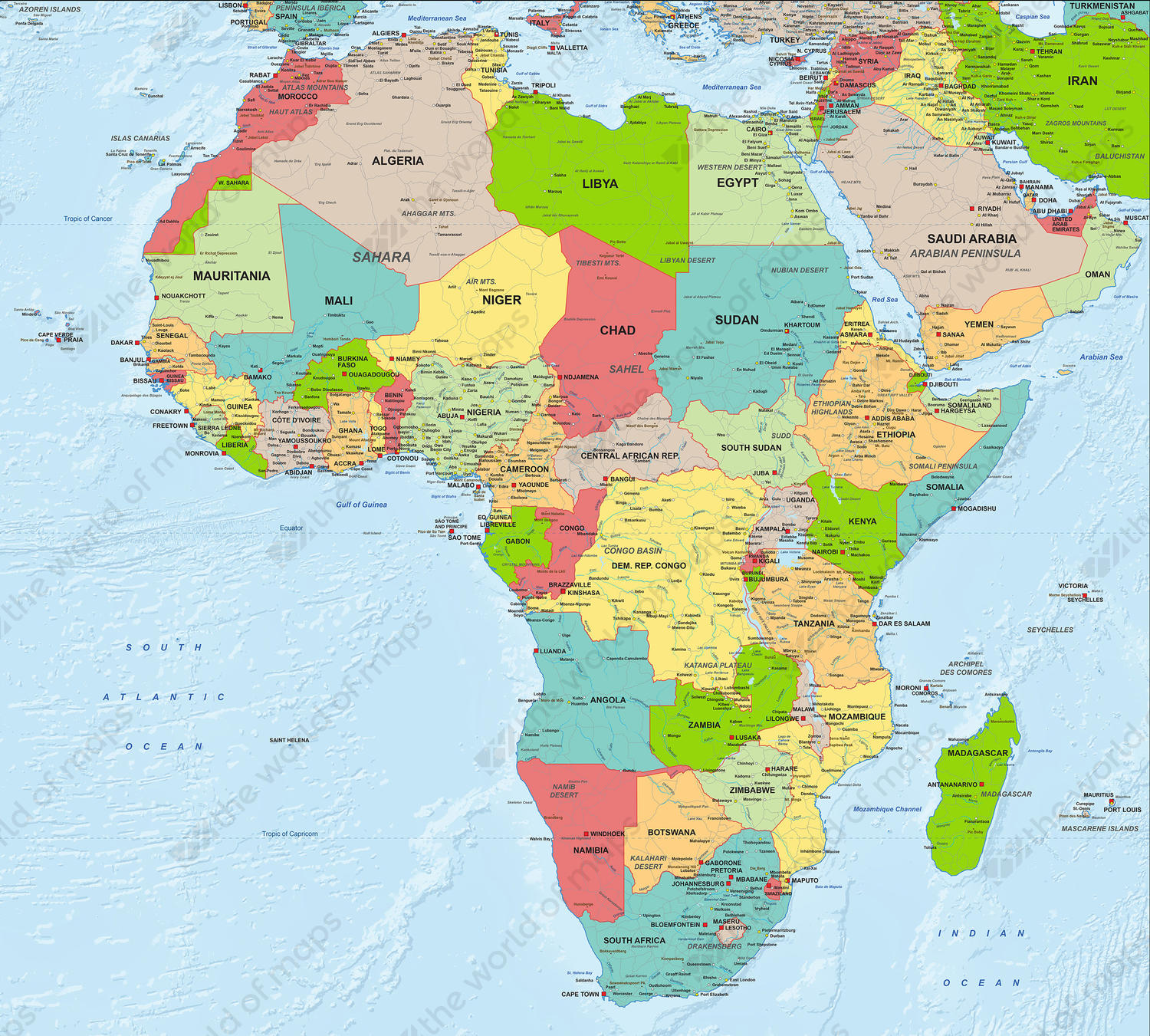
How have global forces shaped Africa’s states and economies—and how will today’s shifting world order define its future? In this course, you will explore the evolution of contemporary Africa, examining the uneven trajectories of nations and regions through the lens of geography, history, geopolitics, and global markets.
You will trace Africa’s place in the global system from the colonial era to Cold War developmentalism, to the neoliberal “Washington Consensus,” and the “Africa Rising” narrative driven by China’s ascent.
Finally, you will contemplate today’s tectonic shifts in global geopolitics and the current polycrisis of climate, geopolitics, and deglobalization.
Through scholarly readings, policy reports, films, debates, and case studies, you will critically engage with these pressing issues, gaining a deeper understanding of Africa’s past, present, and possible futures—while also better understanding the global economic and political shifts since the 1950s.
